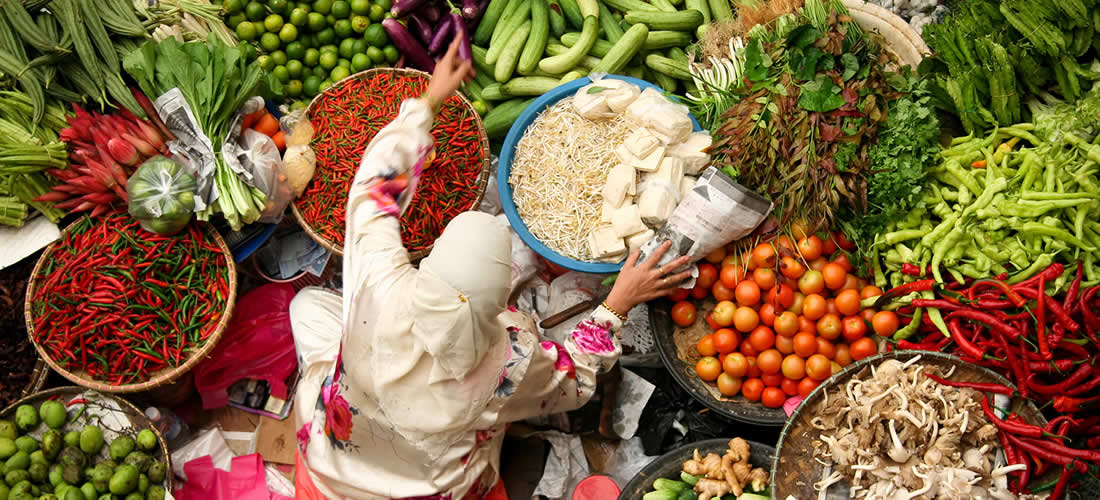Pokyny byly vypracovány ve spolupráci s organizací Food SIVI a osmi dalšími organizacemi, které tvoří pracovní skupinu složenou z mnoha zúčastněných stran, a poskytují standardizovaný přístup pro společnosti v potravinářském a zemědělském odvětví, aby pochopily, změřily a ocenily své klíčové dopady související se sladkou vodou, jako jsou dopady na lidské zdraví a biologickou rozmanitost.
The guidance on the assessment of freshwater impacts by food and agriculture sector companies helps companies to account for and value their freshwater-related impacts on society and the environment. It provides a standardized approach for companies in the food and agriculture sector to understand, measure and value their key freshwater-related impacts.
The guidance provides a 5-step process for companies to account for and value their freshwater related impacts:
- measure the impact driver,
- measure changes in the state of natural capital,
- value impacts,
- set targets,
- manage impacts.
For each of the five steps, it explains the key principles the companies should apply, the source of data and methodologies they should use and the key outputs they can expect to have. A high-level water impact pathway provided in the report is a useful starting point for companies for their assessment.
The guidance also provides case studies from leading food and agriculture companies describing their key motivations, approaches, challenges, and learnings from conducting freshwater-related impact accounting exercises.
Companies should account for both positive and negative impacts from their activities in a watershed. Freshwater-related impacts are highly contextual, and quantitative valuation measures for certain types of impacts may be lacking. Qualitative valuation measures are a good starting point for companies in such cases.
Further, the value of impacts from a food and agriculture sector actors operations are shared between the value chain actors. Companies must recognize this shared value and play their part in creating win-win solutions for all.
This guidance is part of WBCSD’s True Value of Food work that supports companies with True cost accounting and reporting as a means to reorient policy and capital flows towards food systems transformation.
Zdroj: www.wbcsd.org
 Cs
Cs